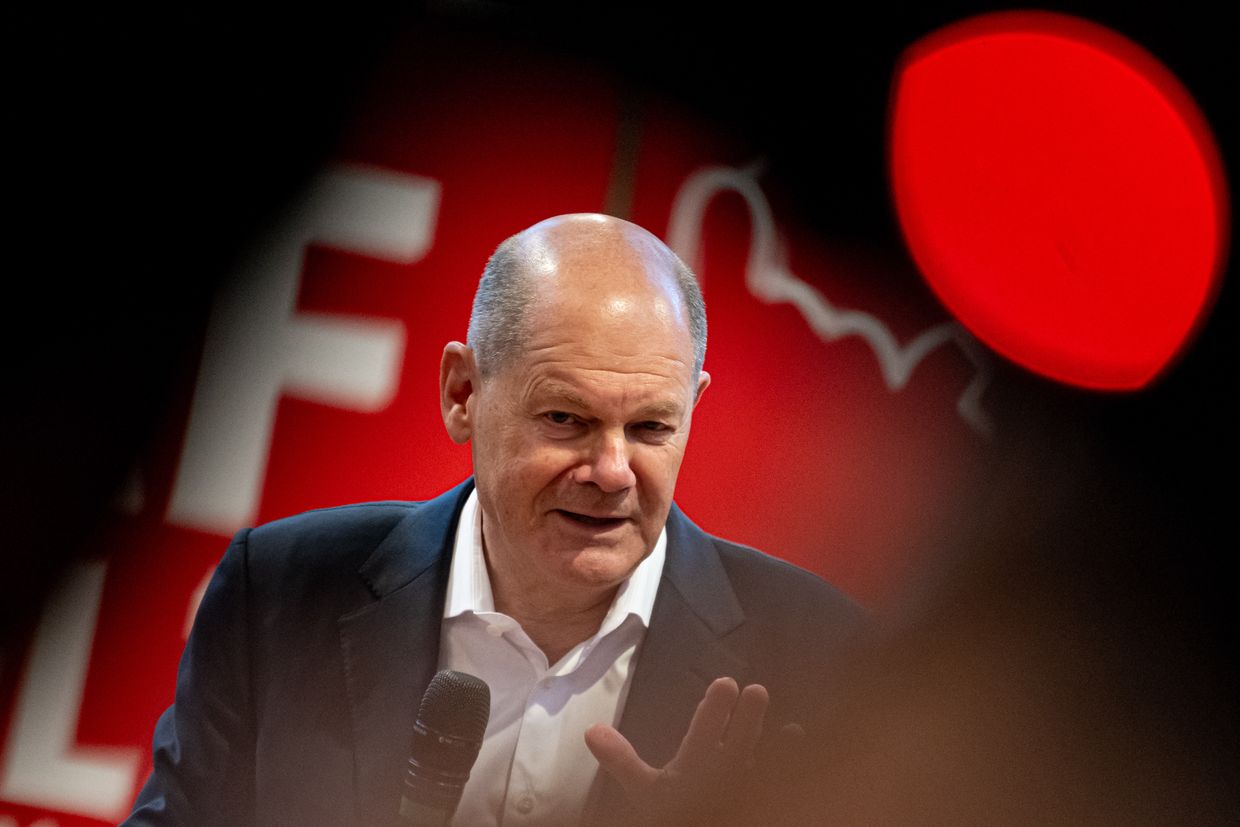Day after Russia kills civilians in Sumy, Kremlin claims deliveries of Taurus missiles will lead to escalation

The supply of long-range German Taurus missiles to Ukraine will lead to an "inevitable escalation," Kremlin spokesperson Dmitry Peskov said on April 14, according to the Russian news agency Interfax.
Peskov's statement comes as Friedrich Merz, Germany's chancellor-in-waiting, suggested on April 13 that long-range Taurus missiles could be used to target strategic Russian military infrastructure.
Merz added the Taurus missiles may be shipped to Ukraine if European partners support this move.
Peskov criticized Merz's stance, saying his decisions would lead to the deterioration of the situation in Ukraine.
"According to Mr. Merz's statements, he is an advocate of strengthening the position and a supporter of various steps that can and will inevitably lead only to further escalation of the situation around Ukraine," Peskov said.
"Unfortunately, it is true that European capitals are not inclined to look for any way out of peace talks but rather are inclined to further provoke the continuation of the war," the spokesperson added.
Peskov's comments come a day after Russia's attack on the city center of Sumy killed 35 people. The attack occurred on Palm Sunday and was one of the deadliest attacks on the city.
Russia used cluster munitions in the attack, outgoing U.S. Ambassador to Ukraine Bridget Brink said on April 13.
While outgoing Chancellor Olaf Scholz has repeatedly blocked the delivery of Taurus missiles due to concerns about escalation, Merz has long criticized that stance.
With Merz poised to take office following his Christian Democrats' election win, the decision to supply Taurus missiles could soon return to the political agenda. It remains uncertain whether his future coalition partners from the Social Democrats will back the move.
Ukraine has already received U.S.-supplied ATACMS as well as SCALP/Storm Shadow cruise missiles from France and the U.K. Both Washington and London have permitted Kyiv to use these systems to strike targets within Russian-occupied territory, including Crimea.
The previous Biden administration and the U.K. also allowed strikes with long-range missiles against military targets on Russian soil in late 2024, namely in the Russian border regions of Kursk and Bryansk. Incumbent U.S. President Donald Trump has criticized the move.














